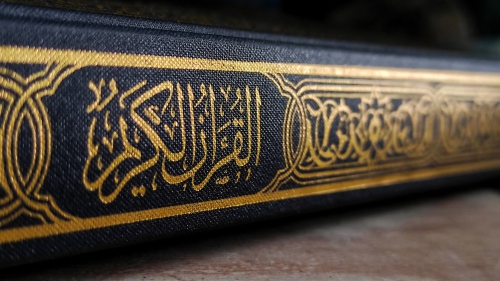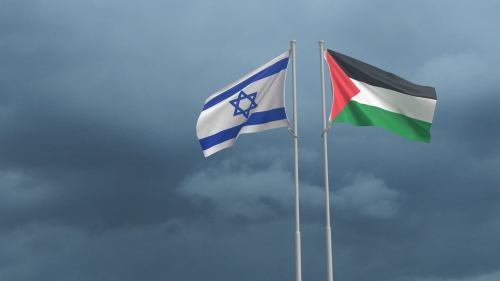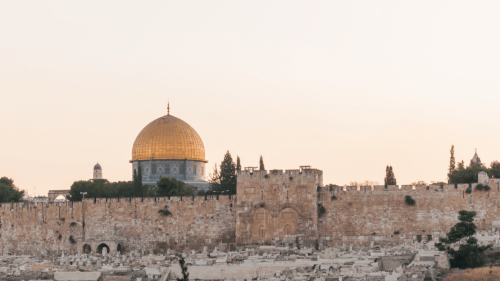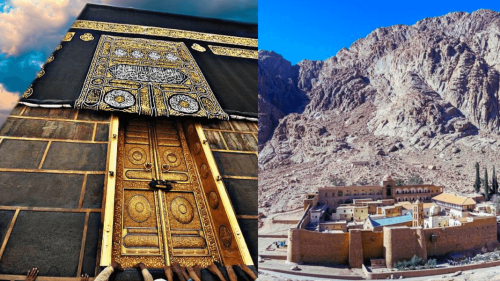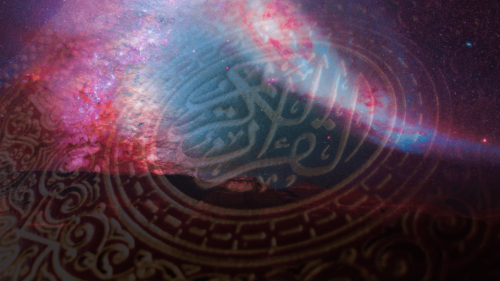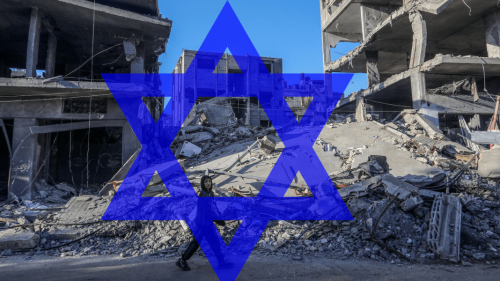Hanukah Hope for Oppressed Muslims
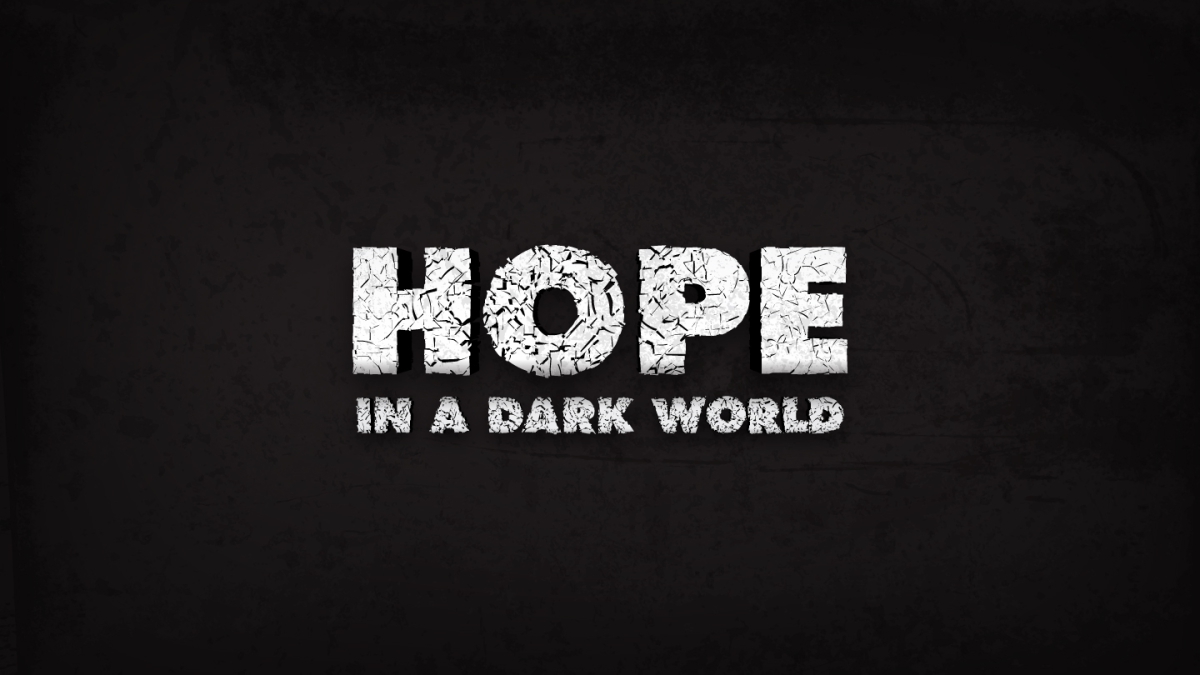
As the dark winter nights grow longer and longer, Jews, Christians, and Muslims, who cry for the globally oppressed people such as the Rohingyas of Myanmar and the Uighurs in China, should celebrate the Jewish holy days of Hanukah. It can hold out hope that in the long run, faith and trust in God will give all victims the strength to rebuild their lives after the Jahili leaders, who crush innocent civilians will be gone.
Hanukah (December 22-30, 2019) is a special festival for Muslims and Jews. It (Hebrew for Dedication) refers to the re-dedication of the ancient Temple in Jerusalem after it was profaned in 168 BCE by an idol installed in it, by the Syrian Greek king Antiochus IV. It also refers to the dedication and valor of all those who joined in the resistance to the attempt by the political ruling powers to force the Jews to abandon their God given religion, and conform to Greek forms of worship and culture. Abandoning circumcision was one example.
Those who resisted were Muslims (Arabic for faithful followers of the one and only God's will) and their dedication eventually led to religious freedom and national independence for the Jews living in the Land of Israel.
The oppression of Judaism by Antiochus IV, the Syrian Greek king, was the first known attempt at suppressing a minority religion, but unfortunately not the last. Other well-known attempts were the three century long Roman persecution of Christianity, and the persecution of Prophet Muhammad(Peace Be Upon Him) and his followers by the great majority of the pagan Arabs in Makkah.
All three religions emerged from their varying periods of persecution stronger than ever, and this is the ongoing spiritual lesson of the Hanukah lamp that once lit by faithful believers, filled with hope and trust in God; lasts longer than anyone else thinks possible.
In 200 BCE, King Antiochus III of Syria defeated Egypt and made the Land of Israel a part of the Seleucid Empire. King Antiochus III, wanting to conciliate his new Jewish subjects, guaranteed their right to "live according to their ancestral customs" and to continue to practice their religion in the Temple of Jerusalem. However, in 175 BCE, his son Antiochus IV invaded Judea, to put in power a more pro-Syrian high Priest.
As the first century CE Jewish historian Josephus relates: "The king came upon the Jews with a great army, took their city by force, slew a great multitude of those that favored Egypt, and sent out his soldiers to plunder them without mercy. He also spoiled the temple (erecting an idol in it that looked like himself, and thus) put a stop to the daily offerings (to God) for three years and six months."
When the Temple in Jerusalem was looted and services stopped, Judaism was outlawed. In 167 BCE Antiochus IV (who named himself ‘God Manifest ') ordered an altar to Zeus be erected in the Temple. He banned circumcision and ordered pigs to be sacrificed at the altar of the Temple. This provoked a large-scale revolt. Mattityahu, a Jewish priest, and his five sons Jochanan Simeon, Eleazar, Jonathan, and Judah led a rebellion against Antiochus. By 165 BCE the Jewish revolt against the Seleucid monarchy was largely successful. The Temple was liberated and (Hanukah) rededicated. The festival of Hanukkah was instituted to celebrate this event.
Judah Makabee ordered the Temple to be purified, and a new altar built in place of the one polluted by pig's blood. According to the Torah, pure olive oil was needed for the menorah in the Temple, which was required to burn day and night throughout the year. However, there was only enough pure oil found to burn for one day, and it would take a week to prepare a fresh supply of pure oil for the menorah.
Some said we should delay the Hanukah of the Temple for a week. Others said kindle the Temple Menorah and pray for it to last until new pure oil could be made. The menorah was lit; and it did not go out prior to the arrival of the new pure oil. An eight-day festival was declared by the Makabees to commemorate this miracle.
The reason for the Hanukah lights is not to "light the house within", but rather to "illuminate the house without," so passersby should see it and be reminded of the holiday's miracle. Thus, lamps are set up at a prominent window or near the door leading to the street. Some Ashkenazim (Jews from European Lands) have a separate menorah for each family member (customs vary), whereas most Sephardim (Jews from Muslim Lands) light one for the whole household.
According to the rabbis of the school of Rabbi Shamai, one should light eight candles on the first night, seven on the second night, and so on until only one candle is lit the last night of Hanukah. The lesson of the school of Shamai I think is that Hanukah celebrates the victory of the Makabees over the forces of assimilation. By decreasing the candles one by one we can observe how hard it is to see a daily reduction of light. Only at the end, when we go from one to none, do we suddenly realize that a steady decline in Jewishness leads, in a few decades for a person, or a few generations for a community, to extinction.
The opposite opinion comes from the school of Rabbi Hillel, who say we increase the number of candles each night for; “one must ascend in matters of holiness." Faith helps us grow stronger when we face challenges. This is one of life’s’ great miracles. Hope makes a difference. Don’t curse the darkness; light a candle.
Although Shamai’s warning is necessary, the miracle lies in the human response to a challenge. The Halachah (Fiq) is according to Hillel for a Jew must strive to go higher and higher in matters of light- i.e. Torah, Mitzvot and deeds of loving-kindness. Hillel’s way is the most optimistic because one light which is used for lighting all the others, teaches us that the impact of one person's actions are cumulative and widespread.
Today Hanukah is no longer a minor holiday as it was in Medieval times. Today, correctly understood, the issues it raises and the lessons it makes us aware of, make it one of the most important holy days in the Jewish calendar.
As the Bible states; there is a time for everything… a time for war and a time for peace. (Ecclesiastes 3:8) And as the Qur’an states: “'Believers, be steadfast in the cause of God and bear witness with justice. Do not let your enmity for others turn you away from justice. Deal justly; that is nearer to being God-fearing.” (5:8)
The oil reminds us that the hope for peace is stronger than the power of military might, and the victory of successful reconciliation is the best victory of all. Everyone knows how important for Muslims is fasting during Ramadan, and daily worship and prayer; but few know that Islam considers reconciling people better than many acts of worship.
Prophet Muhammad said: "Should I not tell you what is better in degree than prayer, fasting, and charity?" They (the companions) said: "Yes." He said: "Reconciling people, because grudges and disputes are a razor (that shaves off faith)." (Ahmad, Abu Dawood, and At-Tirmithi)
May we all shift from dreams of victory, lesser Jihad to visions of reconciling people, the greater Jihad. For the Prophet said: "The one who reconciles people is not considered a liar if he exaggerates what is good or says what is good." [Ahmad]
This is an excellent guide to dealing with the three-generation old Israeli-Palestinian conflict. Rather than focusing mostly on what the other side did to us, we all should focus on how the conflict has hurt all of us, and how much better our future would be if we could live next to each other in peace.
Allen S. Maller is an ordained Reform Rabbi who retired in 2006 after 39 years as the Rabbi of Temple Akiba in Culver City, California. His web site is: www.rabbimaller.com. Rabbi Maller blogs in the Times of Israel. His book ‘Judaism and Islam as Synergistic Monotheisms: A Reform Rabbi's Reflections on the Profound Connectedness of Islam and Judaism’ (31 articles previously published by Islamic web sites) is for sale ($15) on Amazon.










